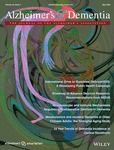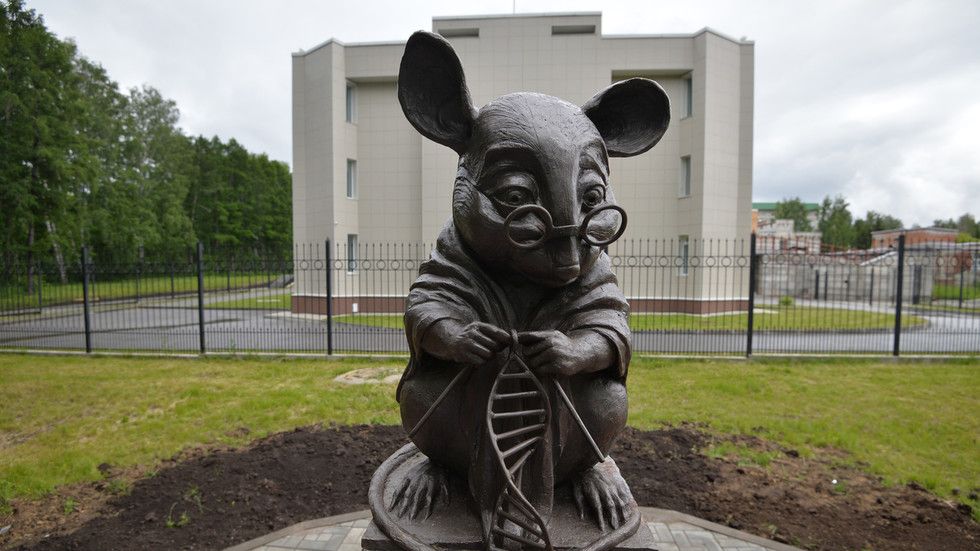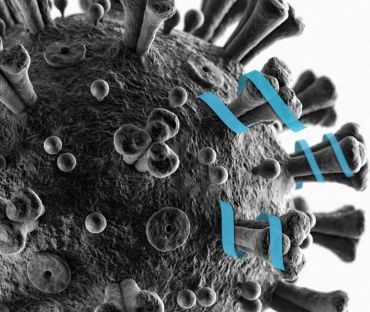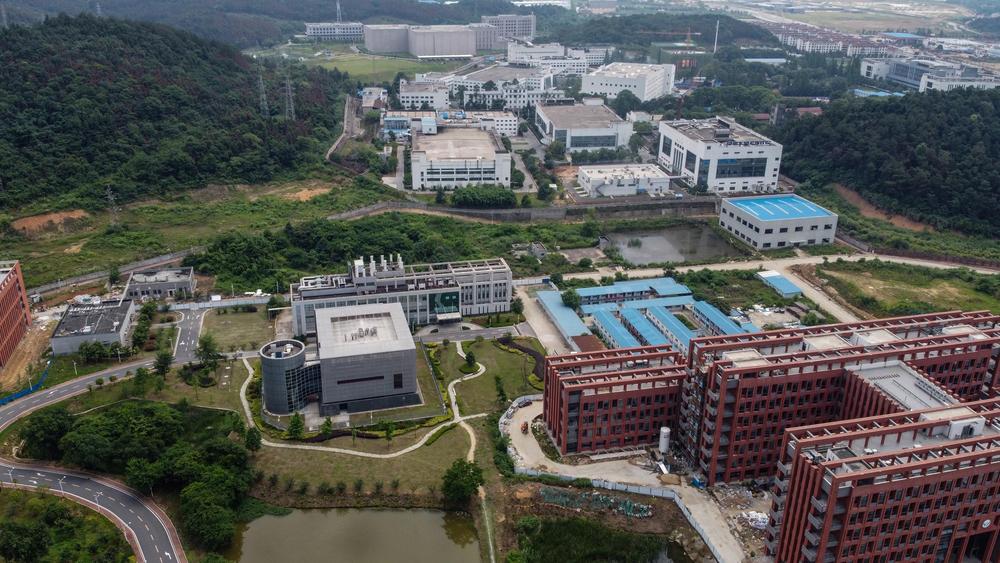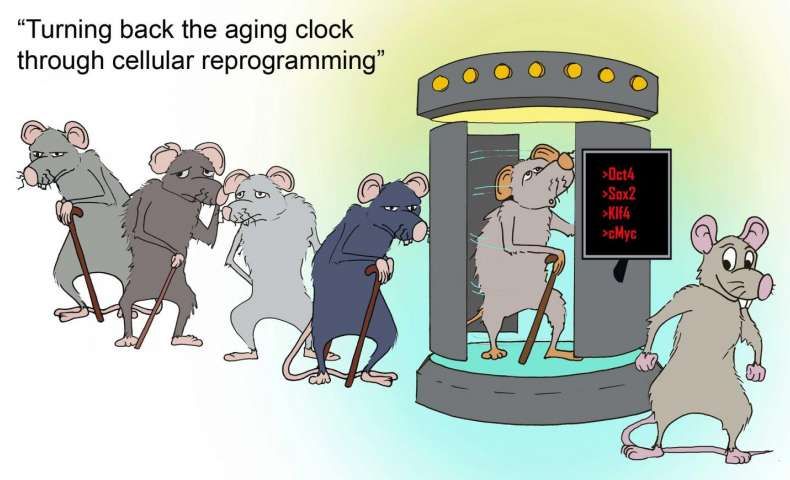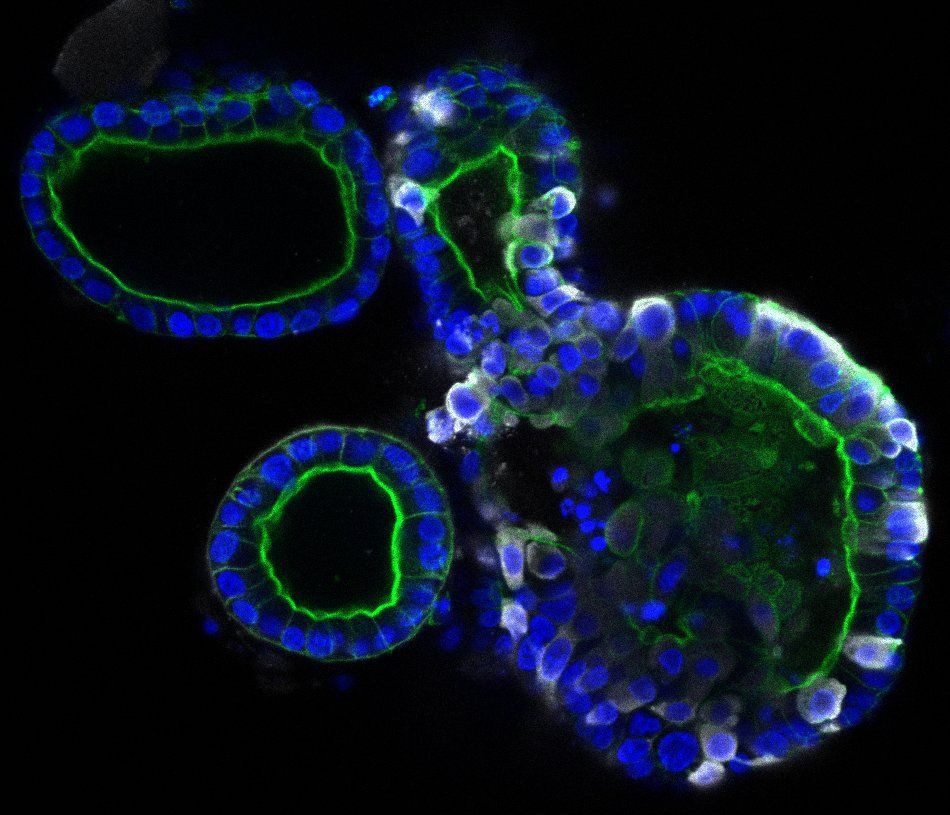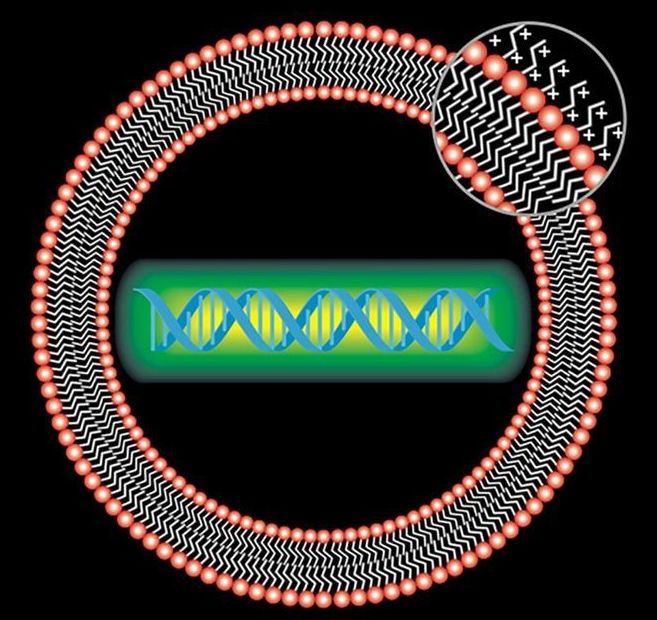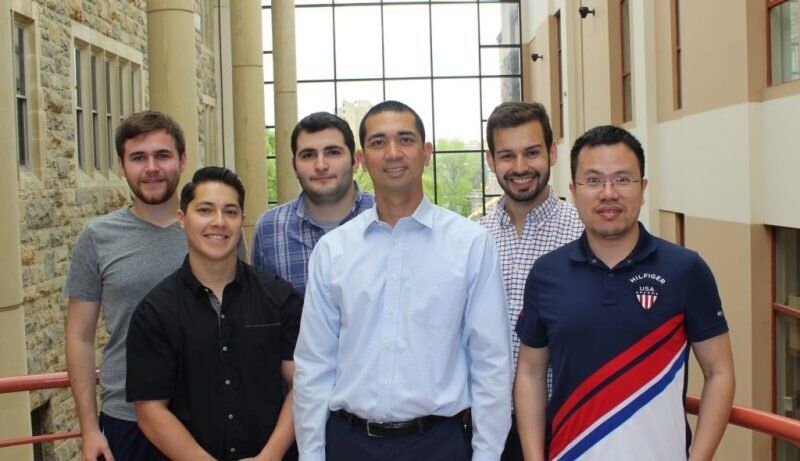Mentions aging!
Obesity affects more than 40 percent of adults in the United States and 13 percent of the global population. With obesity comes a variety of other interconnected diseases including cardiovascular disease, diabetes, and fatty liver disease, which makes the disease one of the most difficult—and most crucial—to treat.
“Obesity is the biggest health problem in the United States. But, it is hard for people to lose weight and keep it off; being on a diet can be so difficult. So, a pharmacological approach, or a drug, could help out and would be beneficial for all of society,” said Webster Santos, professor of chemistry and the Cliff and Agnes Lilly Faculty Fellow of Drug Discovery in the College of Science at Virginia Tech.
Santos and his colleagues have recently identified a small mitochondrial uncoupler, named BAM15, that decreases the body fat mass of mice without affecting food intake and muscle mass or increasing body temperature. Additionally, the molecule decreases insulin resistance and has beneficial effects on oxidative stress and inflammation.

